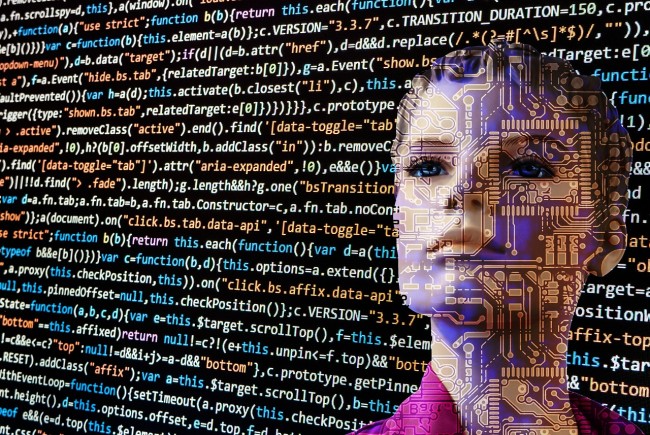
Ethan Mollick is a Professor at Wharton School, located at the University of Pennsylvania and he is not a trained programmer. Yet, he recently developed a simple but functional video game to celebrate Doom’s 30th anniversary using just a chatbot. He developed it by giving simple prompts to the chatbot, illustrating a new era where coding can be guided by intent.
Rise of AI-Driven Coding Tools
Mollick’s tool of choice was ChatGPT, powered by generative AI technologies that can produce a wide array of content including text, music, videos, and code.
These capabilities stem from ‘Large Language Models‘ (LLMs), which are advanced in completing and generating software code. The advent of AI-driven coding tools has already started to accelerate programming, making it more efficient and dynamic.
Mike Mason, Chief AI Officer at Thoughtworks, emphasizes that these tools have significantly transformed the software engineering landscape by enhancing developer productivity and innovation.
The transformation brought by AI in coding is substantial but also introduces new considerations and potential trade-offs. The evolution of AI in coding is akin to past technological leaps such as the transition from command line interfaces to graphical user interfaces or the birth of the internet.
The rise of AI tools has marked a transformative period in the software development industry, fundamentally altering how developers work and what they can achieve.
These tools, powered by advances in machine learning and data processing, are designed to assist in various aspects of the development process, from coding and debugging to testing and maintenance.
AI-driven code completion tools like GitHub Copilot, for instance, suggest code snippets in real-time, learning from the vast repositories of code available publicly. This not only speeds up the coding process but also helps in reducing errors and improving the quality of code by suggesting optimized and tested patterns.
AI is being leveraged to automate more tedious aspects of software development, such as setting up development environments, managing dependencies, and even predicting areas of code prone to bugs or failures, thus preempting potential issues.
Tools like DeepCode and others analyze code bases to offer insights and recommendations, making code review processes more efficient.
This automation extends to testing as well, where AI-driven test automation tools can quickly generate tests, run them across multiple environments, and provide detailed feedback, significantly reducing the cycle time for software releases.
Overall, the integration of AI into software development is enhancing developers’ capabilities, making them more efficient, and allowing them to focus on more creative and high-value aspects of software creation.
Enhancing Developer Experience
Currently, generative AI excels in coding because of its foundation in language processing combined with structured, rule-based logic. In the past two years, specialized AI tools have been developed that can enhance code in real time or even generate scripts from scratch.
These tools understand context, align with developer needs, and often include interactive features for troubleshooting.
Described as “autocomplete on steroids” by Mason, these AI assistants alleviate the mundane aspects of coding, expedite error detection, and maintain the programmer’s focus by minimizing distractions outside the Integrated Development Environment (IDE).
These tools have gained immense popularity, with leading platforms reporting significant adoption rates among developers globally.
According to recent surveys, a large majority of developers now use AI tools in their coding process, noting marked improvements in productivity and speed.
Navigating Challenges and Ethical Considerations
However, the reliability of these AI tools can vary, and their propensity to generate errors—often subtle and hard to detect—poses risks, especially for less experienced programmers.
Birgitta Böckeler, Global Lead for AI-First Software Delivery at Thoughtworks, points out the imperfections in the underlying models which can sometimes produce incorrect or misleading code.
Furthermore, while these tools can enhance security in coding, they also have the potential to overlook critical security measures, possibly leading to increased vulnerabilities, as found in academic studies.
The legal and ethical implications of using AI in coding are also coming to the forefront, highlighted by ongoing lawsuits and debates over the use of copyrighted data in training AI models.
As we look forward, the role of AI in software development is set to expand beyond coding to influence broader aspects of the development lifecycle.
Many companies that develop software are exploring how AI can enhance overall project efficiency and creativity, from initial concept through to deployment.
Generative AI is reshaping not just how software is created but also the role of developers. As AI tools continue to evolve, developers are likely to shift towards more strategic, design-focused roles, overseeing AI-driven processes.
While the potential for AI in coding and software development is immense, it remains a rapidly evolving field, full of both promise and challenges. The need for skilled programmers who can navigate and oversee AI tools will remain critical for the foreseeable future.
